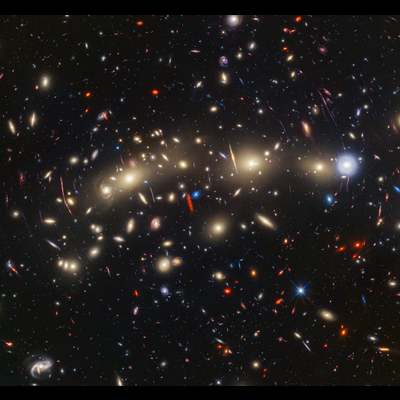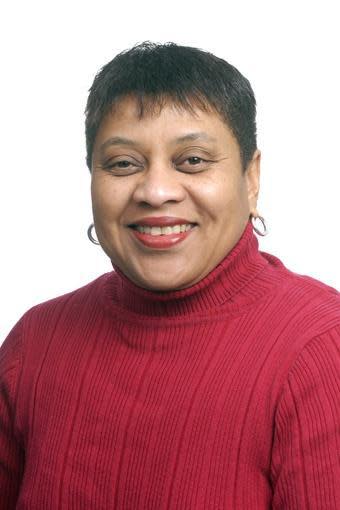In the end, light always wins

The news these days comes so fast and furious, it can be overwhelming. There's so much of it, all of the time that the recent death of Justice Sandra Day O'Connor, who made history as the nation's first woman to serve on the U.S. Supreme Court, has barely elicited a blip.
Social media, created as a means of connection and community, is devolving into a roiling and raging river of information, drowning out all but the most controversial, outlandish and rage-inducing.
Because we now can consume the news in real time, it's easy to forget that things could be worse — and have been.
We aren't, for instance, on the verge of taking up arms and tearing the country in half over slavery.

Yes, many, many Americans are struggling in 2023, but 25% of the country isn't out of work with little more than a guppie-sized safety net, as was the case during the Great Depression.
Tragically, we lost 5,000 Americans in Iraq and Afghanistan, but not 620,000 like those we lost in the Civil War, or more than the 400,000 who died during World War II, or 50,000 casualties, as was the case in Vietnam.
It's just that it's harder these days for good news to break through. It doesn't generate the same traffic and attention as Taylor Swift gossip or a political scandal.
But sometimes, it does.
Last year, the first images transmitted from NASA's James Webb Telescope left us speechless with wonder at the universe in which we live, and beyond.
A wondrous sight: NASA's James Webb Space Telescope reveals humans are a small part of a big story
If we've done nothing else of merit during our particular chapter of the American Story, the James Webb Telescope is the one thing we got right.
The pictures remind us of the power and glory of light, and how darkness only prevails where there is an absence of it.
The great TV writer Rod Serling once remarked "There is nothing in the dark that isn't there when the lights are on." Even though we know this, there's something about darkness that causes us to recoil. It's why some children insist on night lights at bedtime, and why there's no such thing as a haunted house that's lit up like Yankee Stadium.
Not long ago, someone posed the question to women asking what they would do if they didn't have to worry about their safety, and more than a few replied that they'd love to take long walks at night.
That's because we equate darkness with danger.
Light defeats the fear that is endemic of darkness.
This week marks Hanukkah, the eight-day Jewish Festival of Lights, a reminder of how a small and miraculous source of light drove back the darkness and helped to save a nation on the brink of annihilation.
Light conquers all: Darkness can only be vanquished by light
In its retelling, Hanukkah illustrates how, no matter how small a light might be, it still can conquer darkness.
We all have the ability to create it. Some of us can remember people snickering when President George H.W. Bush's poetic call for Americans to become like "A thousand points of light."
But he was right.
Something as simple as holding open a door for a stranger is a form of light. Because you never know what someone is going through, that small flicker of kindness might just be what is needed at the moment.
We produce light every time we resist the temptation to be small, petty or cruel. That isn't easy, not in a culture where a refusal to respond in kind is painted as weakness.
We generate light whenever we choose not to retaliate against those who misjudge or mistreat us, even though they may not deserve such largesse — especially when they don't deserve it.
The best kind of light is created when we extend kindness and care to those who cannot reciprocate.
Right now, people in Israel and Gaza find themselves entrapped in a darkness fostered by decades of blinding fear and hatred. Some of it is being engendered by people who are using the suffering to selfish advantage.
It's very hard to envision a reasonable way out that doesn't include more bloodshed, but life — and Hanukkah — tells us over and over that darkness can be conquered, no matter how formidable it may seem; no matter how great the odds are against it.
It only takes a spark.
Charita M. Goshay is a Canton Repository staff writer and member of the editorial board. Reach her at 330-580-8313 or charita.goshay@cantonrep.com. On Twitter: @cgoshayREP
This article originally appeared on The Repository: Charita Goshay: In the end, light always wins
